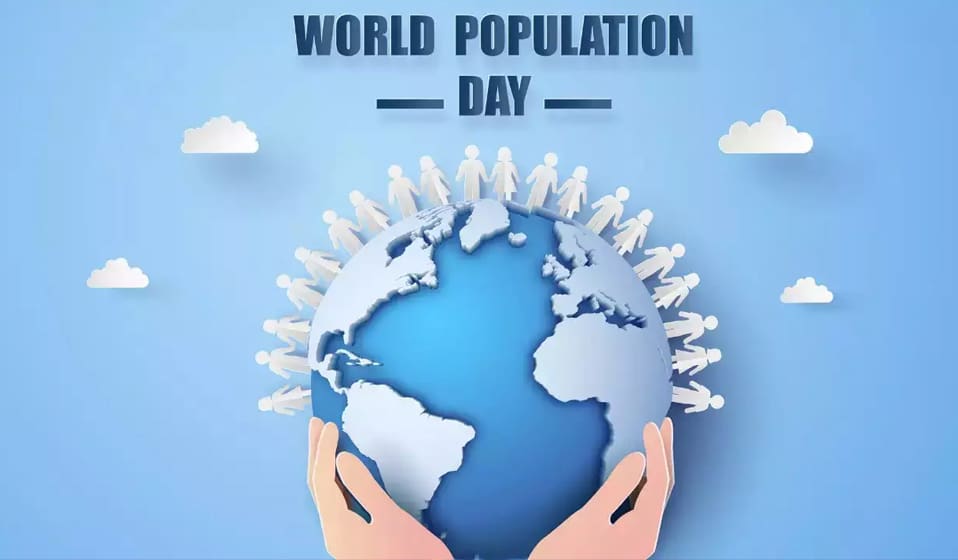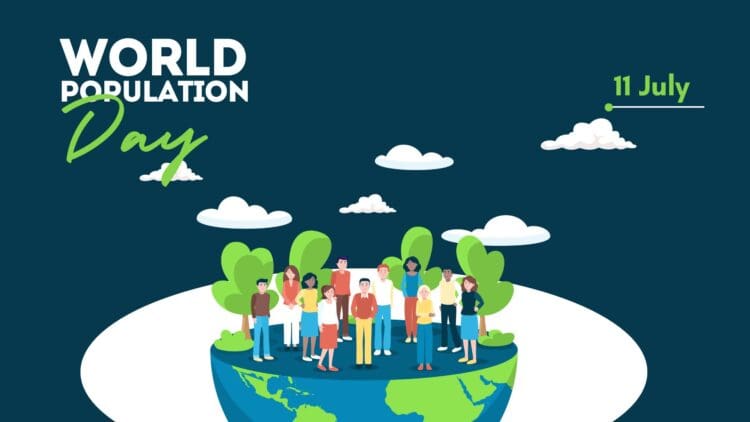Every year on July 11th, World Population Day is observed to raise awareness about global population issues. In 1989, the Governing Council of the UN Development Programme (UNDP) initiated World Population Day, inspired by the interest sparked by the Day of Five Billion, which was observed on July 11, 1987. Through resolution 45/216 in December 1990, the UN General Assembly (UNGA) decided to continue observing World Population Day to raise awareness about population issues and their connections to the environment and development. The first World Population Day was commemorated on July 11, 1990, in over 90 countries.
The United Nations emphasizes that World Population Day 2024 is a crucial moment to reflect on who remains uncounted in our global population and understand the reasons behind their exclusion. This day serves as a reminder of the significant impact that being uncounted has on individuals, societies, and our collective efforts to achieve global equity and inclusivity. It is a call to action for everyone to strive towards more comprehensive data systems that capture the full spectrum of human diversity. By doing so, we ensure that every individual is acknowledged, can exercise their human rights, and can reach their full potential.

The Importance of Comprehensive Data
Counting Everyone
To address the rights and choices of those marginalized in our societies, it is imperative to count them. Every individual counts, and our global community is only as strong as its most vulnerable members. When data systems are inclusive and work effectively for those on the margins, they benefit everyone. This inclusivity is key to accelerating progress for all.
Human Rights and Potential
Ensuring that everyone is seen and accounted for is essential for the realization of human rights. When people are uncounted, they are often excluded from opportunities and resources that enable them to thrive. Comprehensive data systems help identify gaps in services and support, allowing for targeted interventions that uplift those most in need.
Challenges of Incomplete Data
Marginalized Communities
Marginalized communities, including those based on ethnicity, gender, socioeconomic status, and geography, often go uncounted in national and global statistics. This lack of representation can lead to policies and programs that do not address their specific needs, further entrenching their marginalization.
Global Efforts
The exclusion of these communities from data systems undermines global efforts to achieve the Sustainable Development Goals (SDGs). Accurate data is crucial for tracking progress and ensuring that no one is left behind. Without comprehensive data, it is challenging to measure the effectiveness of interventions and to allocate resources efficiently.

The Path Forward
Strengthening Data Systems
To ensure that everyone counts, there must be a concerted effort to strengthen data systems. This involves not only improving data collection methods but also addressing systemic biases that lead to the exclusion of marginalized groups. Innovative approaches, such as community-driven data collection and the use of technology, can help bridge these gaps.
World Population Day 2024 is a pivotal moment to recognize the importance of counting every individual in our global community. By ensuring that our data systems capture the full range of human diversity, we can create a world where everyone is seen, can exercise their human rights, and can reach their full potential. This inclusivity is not just a moral imperative; it is a practical necessity for achieving sustainable and equitable progress for all. As we observe this important day, let us commit to building data systems that leave no one behind and to fostering a global community that values and uplifts every individual.
Source: United Nations
Follow us on Instagram, Facebook or Telegram for more updates and breaking news.








